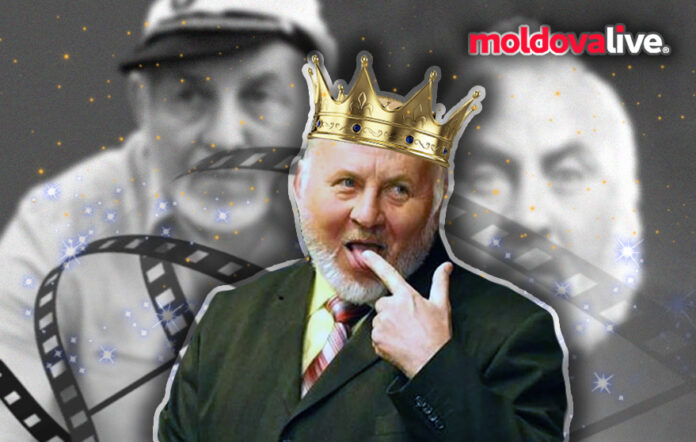On January 18, Gheorghe Urschi added another winter to his shoulders: profound for him, equally rich in meaning and lessons for those around him. Throughout the 76 winters he has already passed through, the maestro has steadfastly carried out his mission as an ARTIST.

Early Life and Education
Gheorghe Urschi, a name synonymous with Moldovan humor and entertainment, has carved a niche for himself in the hearts of audiences through his unparalleled wit, charm, and versatility. Born on October 27, 1948, in the picturesque village of Clocusna, Moldova, Urschi has become a cultural icon, leaving an indelible mark on the Moldovan entertainment landscape.
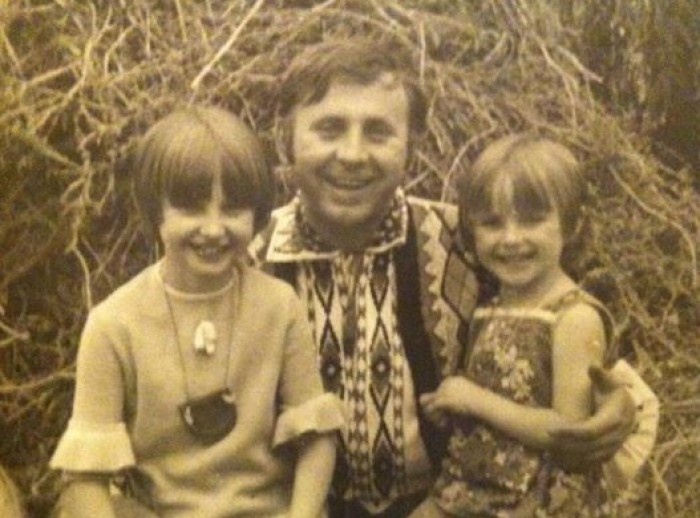
Gheorghe Urschi’s journey into the world of entertainment began in his early years. Raised in a modest family, he displayed a natural flair for performing arts from a young age. Urschi’s early education did not hint at the comedic genius he would later become; he initially studied at the Tiraspol State Pedagogical Institute, focusing on the English language and literature. However, fate had different plans for him.
The Emergence of a Comedic Talent
Urschi’s foray into the entertainment industry started in the 1970s when he joined the Tiraspol Drama Theatre. His performances quickly gained popularity, marked by a unique blend of humor and social commentary. It wasn’t long before Urschi’s wit and charm transcended the stage, making him a household name in Moldova.

One of his breakthrough moments was his participation in the television program “Veselie zori” (Merry Mornings), where he showcased his comedic prowess to a broader audience. His ability to satirize everyday situations and his sharp observational humor endeared him to viewers, and soon, Urschi became a staple in Moldovan households.
The Many Faces of Urschi
What sets Gheorghe Urschi apart is his versatility as an entertainer. He is not limited to one form of expression but has mastered various mediums, including theater, television, and film. His theatrical performances, often characterized by dynamic storytelling and impeccable timing, have earned him accolades from both critics and audiences.
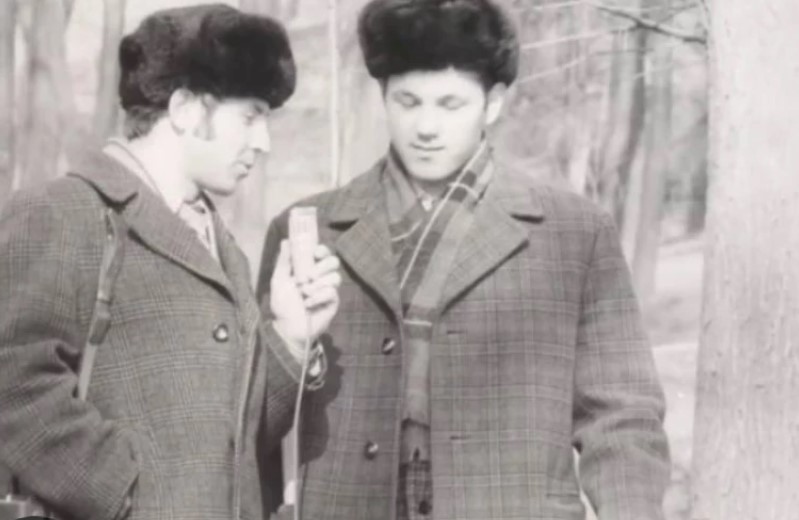
In addition to his success on stage, Urschi has been a familiar face on Moldovan television for decades. His appearances in comedy shows, talk shows, and special holiday programs have made him a beloved figure. Urschi’s ability to adapt his humor to different formats has contributed to his enduring popularity.
He has acted in numerous theatrical productions and directed dozens of shows, serving as an actor at the Republican Theater for Children and Youth ‘Luceafărul.’ Gheorghe Urschi has authored several plays, including ‘Mezinul’ (1979), ‘Vom trăi și vom vedea’ (1986), ‘Testamentul’ (1992), ‘Testamentul-2’ (2001), ‘Doi cocori, două viori’ (2003), ‘Și iar Chirița!’ and several plays for children.

He has edited several volumes of short stories: ‘Dealul fetelor’ (The Hill of Girls), ‘Insula adolescenței’ (The Island of Adolescence), ‘Băiatul cu ghitara’ (The Boy with the Guitar), ‘Cazuri și necazuri’ (Cases and Troubles), ‘Eu sar de pe fix’ (I Jump Off the Fixed), ‘Scrieri alese în trei volume’ (Selected Writings in Three Volumes).
He has written lyrics for several songs and composed some pieces of light music. Additionally, he has directed three films: ‘Cine arvonește, acela plătește’ (Who Sows Wind, Reaps Whirlwind), ‘Văleu, văleu, nu turna!’ (Oh, dear, don’t pour!), and ‘Fenta’ (The Feint). He gained recognition through the television show ‘Teatru de miniaturi’ (Miniature Theater), as well as concerts held in Moldovan villages alongside Maria Urschi, Gheorghe Pîrlea, Doina, and Ion Aldea-Teodorovici.
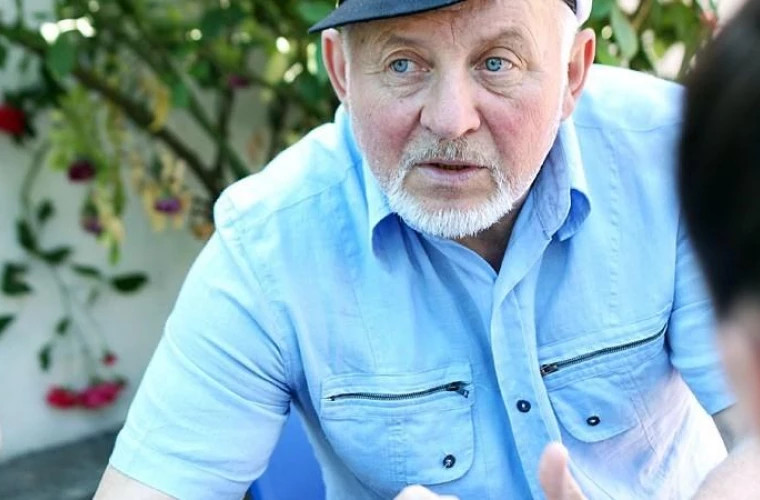
Social Commentary Through Humor
“Gheorghe Urschi is the king of humor in the Republic of Moldova. He writes plays, directs them, and also acts in them. His humor is not malicious. What more can I tell you… There are few like him. I would suggest to those in television to tolerate him, not to remove him from the program schedule, because we don’t have a second Urschi.” —Gheorghe Pârlea
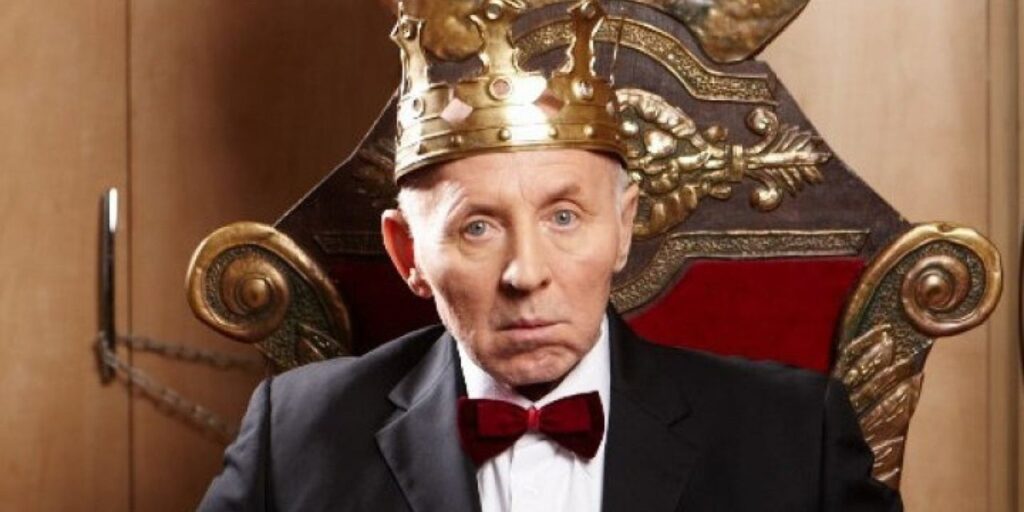
Urschi’s comedic style goes beyond mere laughter; it serves as a vehicle for social commentary. His sketches often delve into the complexities of everyday life, addressing societal issues with a dose of humor. Whether tackling political topics, cultural nuances, or the struggles of the common man, Urschi uses laughter as a means to connect with his audience and provoke thought.
“Urschi’s humor individualizes the oral style of his storytelling. Reading his stories, you feel his smile between the lines. He laughs even when weaving together dramatic or tragic fragments.” —Ariadna Șalari
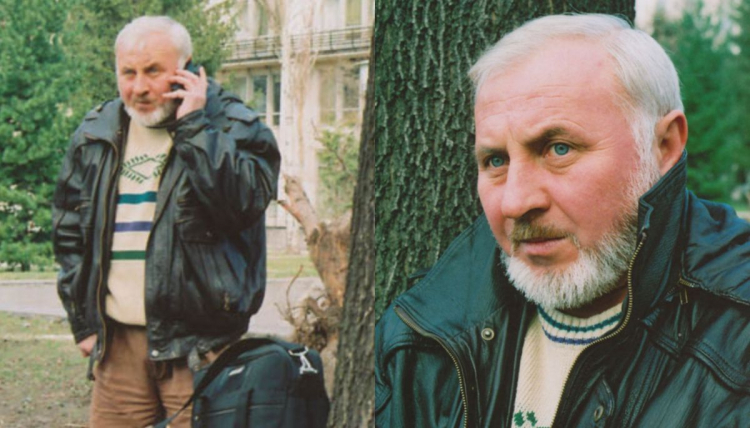
Legacy and Impact
At the age of 76, Gheorghe Urschi is still a member of the Theatrical Union and the Writers’ Union of Moldova. In 2008, Gheorghe Urschi was honored with the ‘Order of the Republic.’ In 2012, he was bestowed the title of ‘Artist al Poporului’ (Artist of the People), and in 2019, he received the National Award. In 2014, he was granted the title of ‘Citizen of Honor’ of the city of Chișinău.”
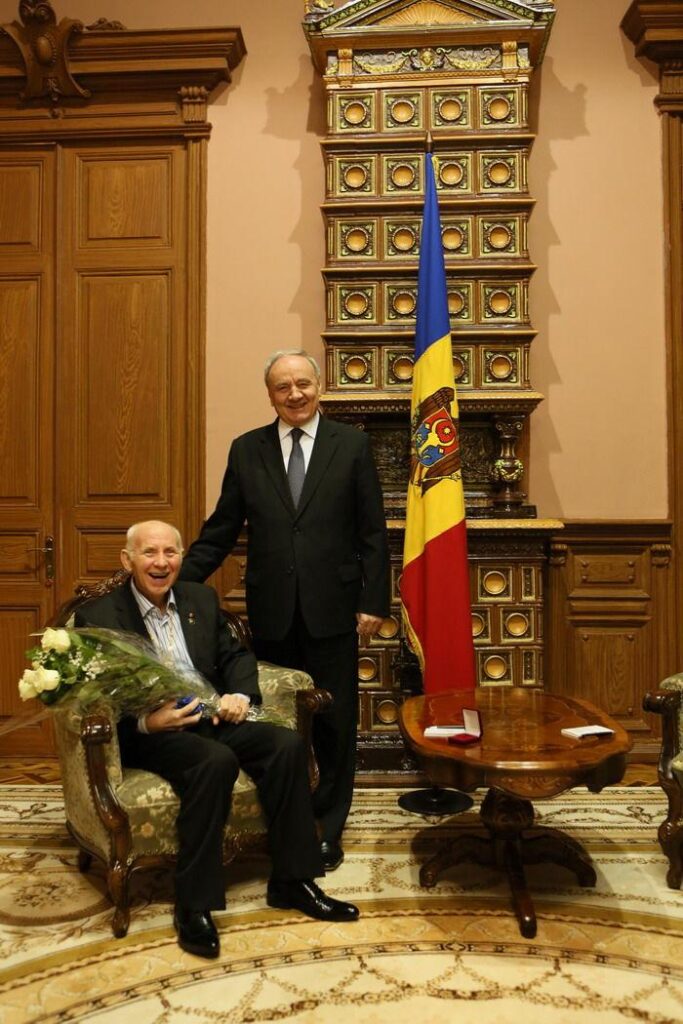
Gheorghe Urschi’s impact on Moldovan culture cannot be overstated. His contributions to the entertainment industry have earned him numerous awards and honors, but perhaps his greatest legacy is the joy and laughter he has brought to generations of Moldovans.
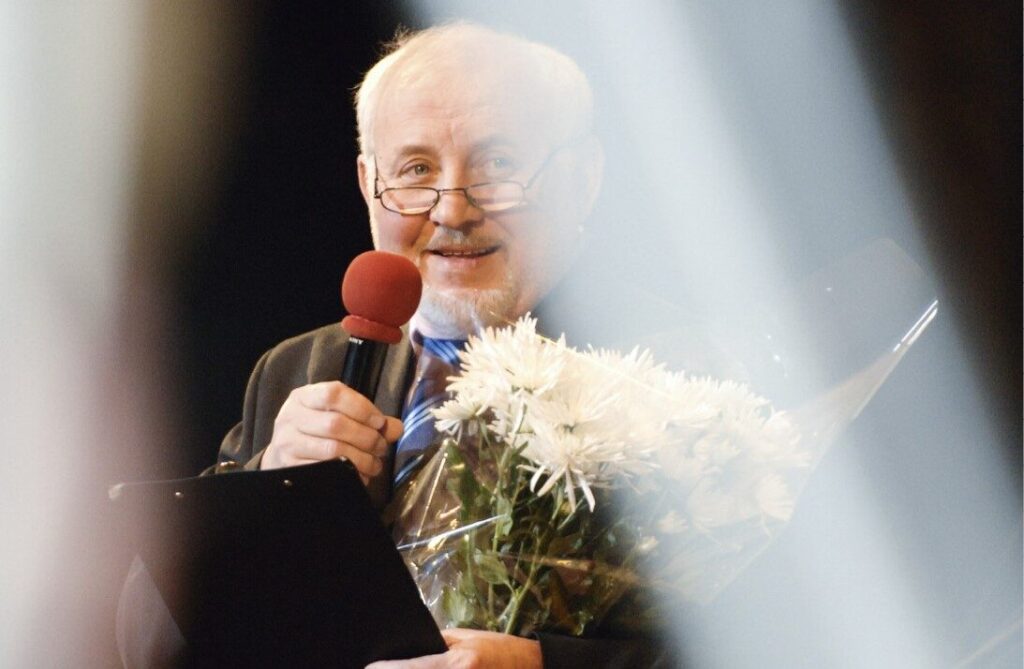
As an entertainer, Urschi has not only provided moments of levity but has also been a source of inspiration for aspiring artists. His ability to navigate the diverse landscape of comedic expression has set a standard for performers in Moldova and beyond.
Gheorghe Urschi’s journey from a small village in Moldova to become a national treasure is a testament to his talent and dedication. His ability to connect with people through humor, his versatility, and his commitment to social commentary make him a cultural icon. As Moldova continues to evolve, Gheorghe Urschi remains a constant, bringing laughter and wisdom to audiences nationwide.


